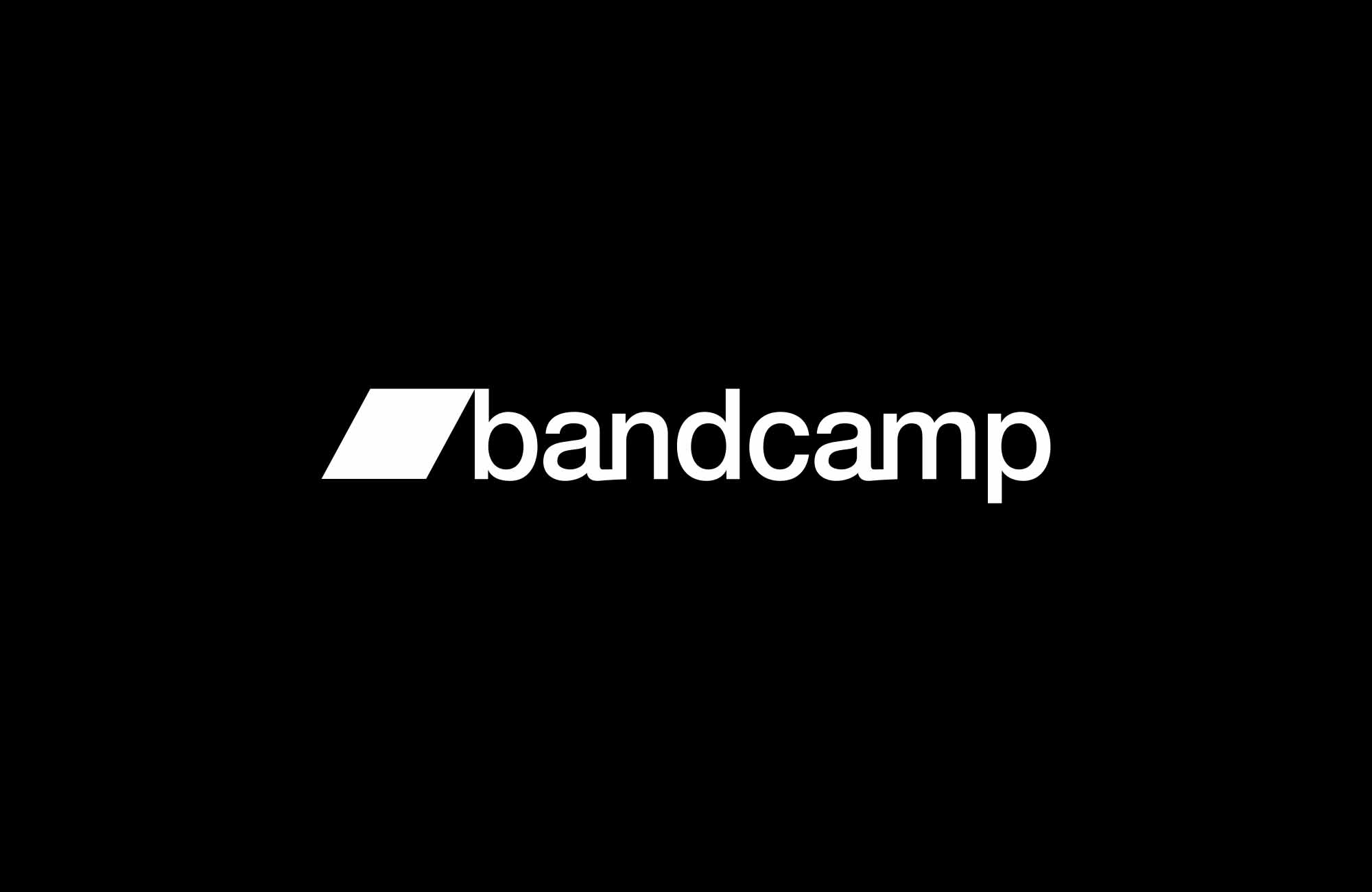
Selling Beats on Bandcamp: Is It Worth It?
In the digital age, platforms for music distribution and sales have expanded, providing artists and producers with multiple avenues to showcase and monetize their work. Among these platforms, Bandcamp has emerged as a popular choice for independent musicians. It offers a user-friendly interface and a fair revenue-sharing model, appealing to artists who want more control over their music and earnings. But for beatmakers and producers, especially those focused on selling instrumental tracks, the question arises: Is Bandcamp the right platform to sell beats? In this article, we’ll explore the pros, cons, and key considerations for selling beats on Bandcamp, and whether it’s a worthwhile investment of time and effort.
What is Bandcamp?
Bandcamp is an online music platform that allows artists to sell music and merchandise directly to fans. Founded in 2008, it has become a hub for independent artists who want to bypass traditional music industry gatekeepers. Bandcamp’s model centers around empowering musicians by giving them a larger share of revenue and providing tools to engage with their audience. Artists can sell digital music, physical albums, and even offer subscription services to fans.
The Appeal of Selling Beats on Bandcamp
For beatmakers, Bandcamp’s framework offers a number of attractive features:
1. Fair Revenue Share
One of Bandcamp’s biggest selling points is its transparent and artist-friendly revenue model. The platform takes a 10% fee from physical merchandise sales and a 15% fee from digital music sales. Once an artist surpasses $5,000 in total sales, the digital sales fee drops to 10%. These rates are far more favorable than many other music platforms, giving beat sellers a larger cut of their sales.
2. Direct-to-Fan Sales
Bandcamp allows beatmakers to sell directly to their audience, without the interference of third-party platforms or middlemen. This direct access fosters a personal connection between artists and buyers, which can be particularly beneficial for producers who want to build long-term relationships with their customers. If you have a dedicated fanbase, Bandcamp allows you to market directly to them, making it easy to upsell, offer discounts, or release exclusive content.
3. Flexible Pricing Options
Bandcamp offers flexibility when it comes to pricing beats. Artists can set fixed prices, offer a pay-what-you-want option, or even make their beats free to download (with the option for fans to pay if they want). This flexibility can be useful for beatmakers who want to attract attention with free content or experiment with different pricing strategies to see what resonates with their audience.
4. Bundling and Merchandising Options
Producers can also bundle their beats with other digital or physical merchandise. For instance, you can sell a beat pack alongside branded merchandise like T-shirts, stickers, or even vinyl records. These bundles can provide additional revenue streams and enhance the overall appeal of your offerings. If you already have a brand presence, Bandcamp’s merchandising options allow you to expand your reach beyond just selling beats.
5. Control Over Releases and Sales
Unlike some other platforms where you may have to wait for approval or face restrictions on what you can upload, Bandcamp gives artists full control over when and how they release their music. You can upload beats anytime, offer them as singles or part of a larger beat tape, and even release exclusive content to your most loyal fans.
6. Fan Engagement Tools
Bandcamp offers features like pre-orders, subscription models, and fan messages, making it easier to cultivate a loyal fanbase. Producers can offer exclusive content to subscribers or even give fans early access to new beat releases, fostering a sense of community and exclusivity. Additionally, the platform’s ability to notify fans directly via email whenever a new release is made keeps your audience engaged.
Challenges of Selling Beats on Bandcamp
While Bandcamp has its advantages, there are also several challenges that beatmakers should consider:
1. Search and Discoverability
One of the main drawbacks for beat sellers on Bandcamp is the platform’s focus on finished songs rather than instrumental tracks. Bandcamp isn’t necessarily geared toward producers who sell beats to other artists. It’s more of a place where fans come to discover completed works. As a result, it may not be the ideal platform for getting discovered by rappers, singers, or content creators looking to buy beats.
If your primary goal is to sell beats to artists who will use them to create their own songs, you might find Bandcamp’s audience more geared toward music listeners than content creators. You’ll likely need to drive traffic from outside sources, like social media or email marketing, to bring potential beat buyers to your Bandcamp page.
2. No Built-In Licensing System
Unlike platforms like BeatStars or Airbit, Bandcamp doesn’t have a built-in licensing system tailored for beat sales. This means you’ll need to manually create your own terms and conditions for beat licensing, which can be time-consuming and confusing for buyers. Many producers prefer using platforms that streamline the beat licensing process, offering standardized contracts and terms for different types of usage.
For beatmakers who rely on various licensing options (like basic leases, unlimited rights, or exclusive licenses), Bandcamp may require extra work to create and communicate these options clearly to potential customers.
3. Lack of Community Specific to Beatmakers
Bandcamp is home to a diverse range of artists and genres, but it lacks a community specifically tailored for beatmakers and producers. Other platforms, like SoundClick or BeatStars, offer more niche communities where producers can connect with each other and with potential customers. While Bandcamp’s general music audience can still appreciate beats, the platform doesn’t provide the same industry-specific networking opportunities that beatmakers may find elsewhere.
Is Bandcamp the Right Choice for You?
The answer to this question largely depends on your goals as a beat seller. If your primary aim is to sell beats to rappers, singers, or YouTube creators looking for instrumental tracks, Bandcamp might not be the most effective platform. While it does offer great tools for fan engagement and direct-to-fan sales, it lacks some of the specialized features and audience reach that dedicated beat-selling platforms provide.
On the other hand, if you are a producer who also creates finished instrumental albums, beat tapes, or wants to sell music directly to fans for listening purposes, Bandcamp can be a fantastic option. The platform’s fair revenue share, flexible pricing, and merchandising options make it a great choice for producers looking to build a fanbase and create additional revenue streams beyond just selling beats.
Maximizing Your Success on Bandcamp
If you do choose to sell beats on Bandcamp, here are a few strategies to maximize your success:
- Drive External Traffic: Use your social media channels, email list, and website to direct potential buyers to your Bandcamp page. Since Bandcamp’s search function isn’t optimized for beat sales, you’ll need to take charge of your marketing efforts.
- Create Beat Tapes: Instead of uploading individual beats, consider creating thematic beat tapes or albums that appeal to fans of instrumental music. This way, you’re not just selling a single beat—you’re offering a cohesive listening experience.
- Offer Limited-Time Discounts: Use Bandcamp’s pricing flexibility to offer discounts, bundle deals, or pay-what-you-want options for a limited time to drive sales and increase engagement.
- Engage with Your Fans: Take advantage of Bandcamp’s fan engagement tools by offering exclusive content to loyal customers or starting a subscription service. You can use these tools to build a closer relationship with your audience and encourage repeat purchases.
- Sell Merch: If you have a brand, consider selling physical merchandise alongside your beats to increase your revenue and give fans more reasons to support you.
Conclusion
Selling beats on Bandcamp can be a worthwhile endeavor, but it depends on your goals and approach. If you’re looking to sell beats directly to fans or build a personal connection with your audience, Bandcamp’s artist-friendly platform and flexible sales options make it a solid choice. However, if your primary focus is selling beats for use in other artists’ projects, dedicated platforms like BeatStars or Airbit may offer more specialized tools and a more targeted customer base.
Ultimately, Bandcamp can be a great complement to other platforms in your beat-selling strategy, especially if you leverage its strengths in fan engagement and direct-to-fan sales. By understanding the platform’s limitations and tailoring your approach, you can make Bandcamp a valuable part of your music business.
Browse Beats & Instrumentals
Check out my extensive catalog of more than 500 custom-made beats and instrumentals, available for free download or licensing.


No Comments